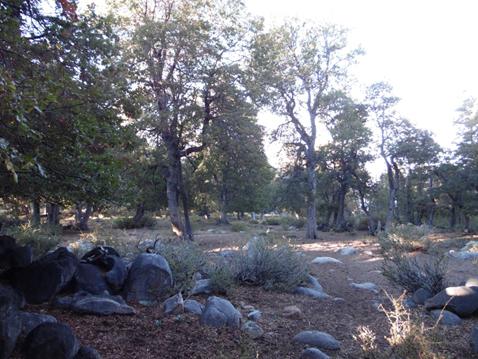Alejandro Danilo Venegas Gonzalez
Other projects
27 Jun 2018
Effect of Climate Change on the Growth Dynamics of Sclerophyllous Species of the Chilean Mediterranean Forest in a Biogeographicgradient
This study will provide a vision about the conservation state of the Mediterranean deciduous forest of central Chile through of the N. Macrocarpa remaining populations.

Tree-ring dating (dendrochronology) is one of the most important ecological indicators to reveal the condition of setback or progress of a forest ecosystem and their response to climate change on annual resolution. These changes can be clarified on the basis of the understanding of forest dynamics, influence of climate on tree growth, carbon sequestration capacity and analysis of mean residence time of it in the plant community to assess their intrinsic water-use efficiency. However, dendrochronological studies do not address the intra and inter species diversity, which are fundamental to evaluate and define strategies for conservation. Therefore, complementary studies between dendrochronology and forest genetics are necessary.
The historical declining trend of the Mediterranean forests from central Chile is mainly due to urban and agriculture expansions in the last century. Nevertheless, this forest ecosystem contains a high diversity of endemic species being declared a diversity hotspot. Stand out the N. macrocarpa forest, which represents the northernmost distribution of the genus in America and reflects the climate changes and the vegetation dynamics during the last glacial period in central Chile.
The aim of the project is evaluate the growth dynamics and genetic variability of remaining populations of N. macrocarpa and their vulnerability to the climate change. For this, we will perform sampling and fieldwork in five studies areas in central Chile using classic techniques of dendrochronology and forest genetic.
The generated results will allow to highlight the conservation status of Mediterranean deciduous forest, characterized by the endemic species N. Macrocarpa. Thus, we could understand and evaluate the historical degradation that has affected this forest, which despite its current conservation state still would have a key ecological role in central Chile. Moreover, our results could be used in public decision making for conservation and ecological restoration of this ecosystem, considering that Chile is going through a time of discussion, modification and implementation of their Forestry laws.